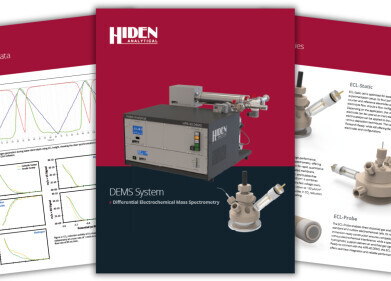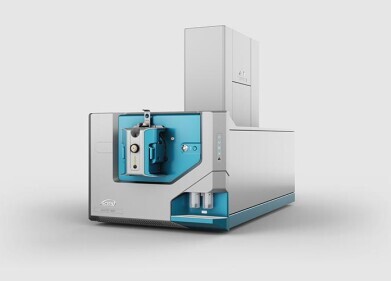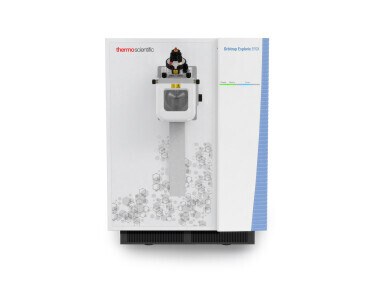Mass spectrometry & spectroscopy
What is the Full Name of NMR?
Oct 13 2021
The scientific world is full of acronyms and initialisms used to transform complex terminology into simple, easy-to-read abbreviations. Nuclear Magnetic Resonance Spectroscopy, more commonly known as NMR, is one of many analytical techniques often referred to by its initialism.
Used across a wide range of scientific fields, the analytical technique allows researchers to study the chemical, physical, structural and biological properties of matter. NMR spectrometers have become a mainstay in laboratories around the world, allowing scientists to unlock detailed information about the molecular structure of a sample.
Below, we take a look at NMR in more detail, with a focus on what each letter represents.
Nuclear
The “nuclear” aspect of Nuclear Magnetic Resonance Spectroscopy refers to the focus on observing magnetic energy in atomic nuclei. The technique is founded in the basic principle that most nuclei spin on an axis and are electrically charged.
Magnetic
The word “magnetic” is included as NMR relies on the generation of an external magnetic field. A spectrometer is used to generate this external magnetic field and trigger an energy transfer from atomic nuclei.
Resonance
NMR spectrometers use magnetic fields and radio waves to excite nuclei and force them to produce an electromagnetic signal. These electromagnetic signals are detected with ultra-sensitive radio receivers, which record and measure changes in the resonance frequencies of atomic nuclei in an individual molecule. This data reveals detailed insight into the unique molecular structure of a sample.
Spectroscopy
Spectroscopy is the name used to describe the study of spectra produced by matter that interacts with or emits electromagnetic radiation, with spectra is measured as a function of radiation frequency or wavelength. Electromagnetic radiation is directed towards a sample, which then absorbs energy from the source or emits light on a different wavelength.
Used in both physical and analytical chemistry, spectrometers allow scientists to isolate, identify and quantity the molecular and structural characteristics of a sample. Every molecule and atom reflects, absorbs and emits electromagnetic radiation in a unique way, making spectroscopy a valuable analysis tool.
A new generation of NMR instruments
While many NMR spectrometers place a heavy focus on protons, Oxford Instruments applications scientist Dr Robin J. Blagg asserts many more nuclei are NMR active and can be used to enrich data. The British-based company recently launched the X-Pulse Broadband Benchtop NMR Spectrometer, a compact benchtop NMR instrument that offers a true tuneable broadband channel and the capacity to collect spectra from a range of different nuclei. Find out more about the game-changing technology in ‘X-Nuclei NMR Spectroscopy’.
Digital Edition
Lab Asia Dec 2025
December 2025
Chromatography Articles- Cutting-edge sample preparation tools help laboratories to stay ahead of the curveMass Spectrometry & Spectroscopy Articles- Unlocking the complexity of metabolomics: Pushi...
View all digital editions
Events
Jan 21 2026 Tokyo, Japan
Jan 28 2026 Tokyo, Japan
Jan 29 2026 New Delhi, India
Feb 07 2026 Boston, MA, USA
Asia Pharma Expo/Asia Lab Expo
Feb 12 2026 Dhaka, Bangladesh



















